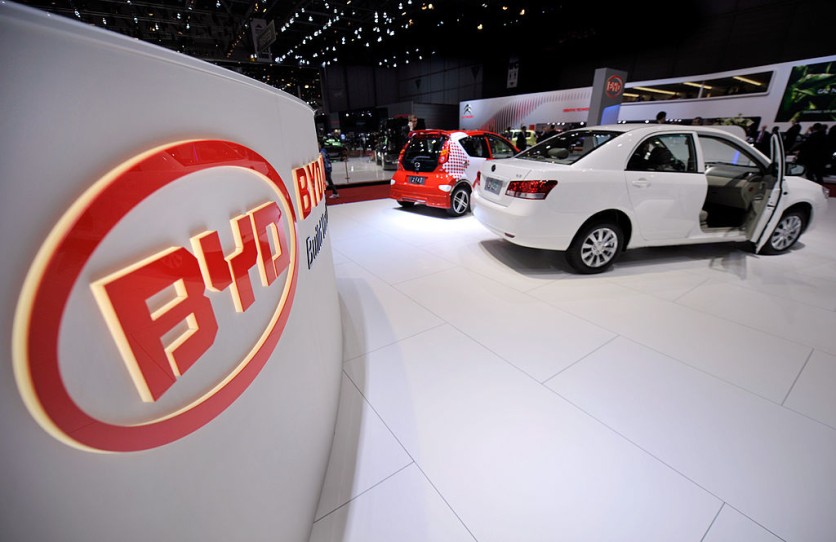Chinese electric vehicle (EV) giant BYD has unveiled plans to establish a manufacturing facility in Turkey. The move aims to expand its global footprint amid recent EU tariffs on Chinese EVs.
A government source disclosed the decision to AFP. It aligns with BYD's strategy to penetrate new markets despite regulatory challenges.

BYD Plans to Establish Manufacturing Facility in Turkey
Turkey is strategically positioned at the crossroads of Europe, Asia, and the Middle East - making it a favorable destination for automakers due to its beneficial customs union with the EU.
The Marmara region, centered around Istanbul, has evolved into a pivotal hub for the global automotive industry. Since the early 1970s, it has hosted facilities for major brands such as Fiat, Renault, Ford, Toyota, and Hyundai.
Reports indicate that BYD's investment in Turkey will amount to approximately one billion dollars. It will utilize land initially earmarked for Volkswagen near the western port city of Izmir.
This move comes in response to the EU's imposition of additional tariffs on Chinese EVs, alleging unfair competition through state subsidies.
Independent consultant Levent Taylan emphasized BYD's stature as the world's largest EV manufacturer, known for its advanced technology and manufacturing capabilities. He noted that BYD's investment in Turkey strategically targets the domestic market and aims to circumvent EU tariffs by localizing production.
Taylan suggested that BYD could sell between 20,000 to 25,000 vehicles annually in Turkey and export up to 75,000 vehicles to the EU. He also estimated that a production capacity of 100,000 to 125,000 vehicles per year would justify the investment in a Turkish manufacturing facility.
Establishing a plant in Turkey will enable BYD to circumvent the newly imposed 40 percent tariff on electric vehicle imports, thanks to Turkish regulations offering investment incentives.
The global shift towards EVs has been led by China, aiming for nearly one-third of its cars to be electric by 2030, according to the International Energy Agency's Global EV Outlook.
This growth has prompted Chinese EV manufacturers to expand their exports and consider overseas production facilities, with BYD recently announcing plans for its first European factory in Hungary.
Read Also : China's BYD Could Apply Pressure to European EV Industry With Inexpensive Seagull Hatchback
BYD Buys 20% Stake in Thai Distributor
In a separate development, BYD has also made moves in Southeast Asia, purchasing a 20% stake in Rever Automotive Co., its distributor in Thailand.
This joint investment aims to enhance BYD's competitiveness in the EV market in the region, aligning with Thailand's ambitions to become a hub for EV production in Southeast Asia by 2030.
The recent opening of a production plant in Rayong, Thailand, which BYD acquired nearly two years ago, aims to produce 150,000 cars annually and will also manufacture batteries and gearboxes locally.





